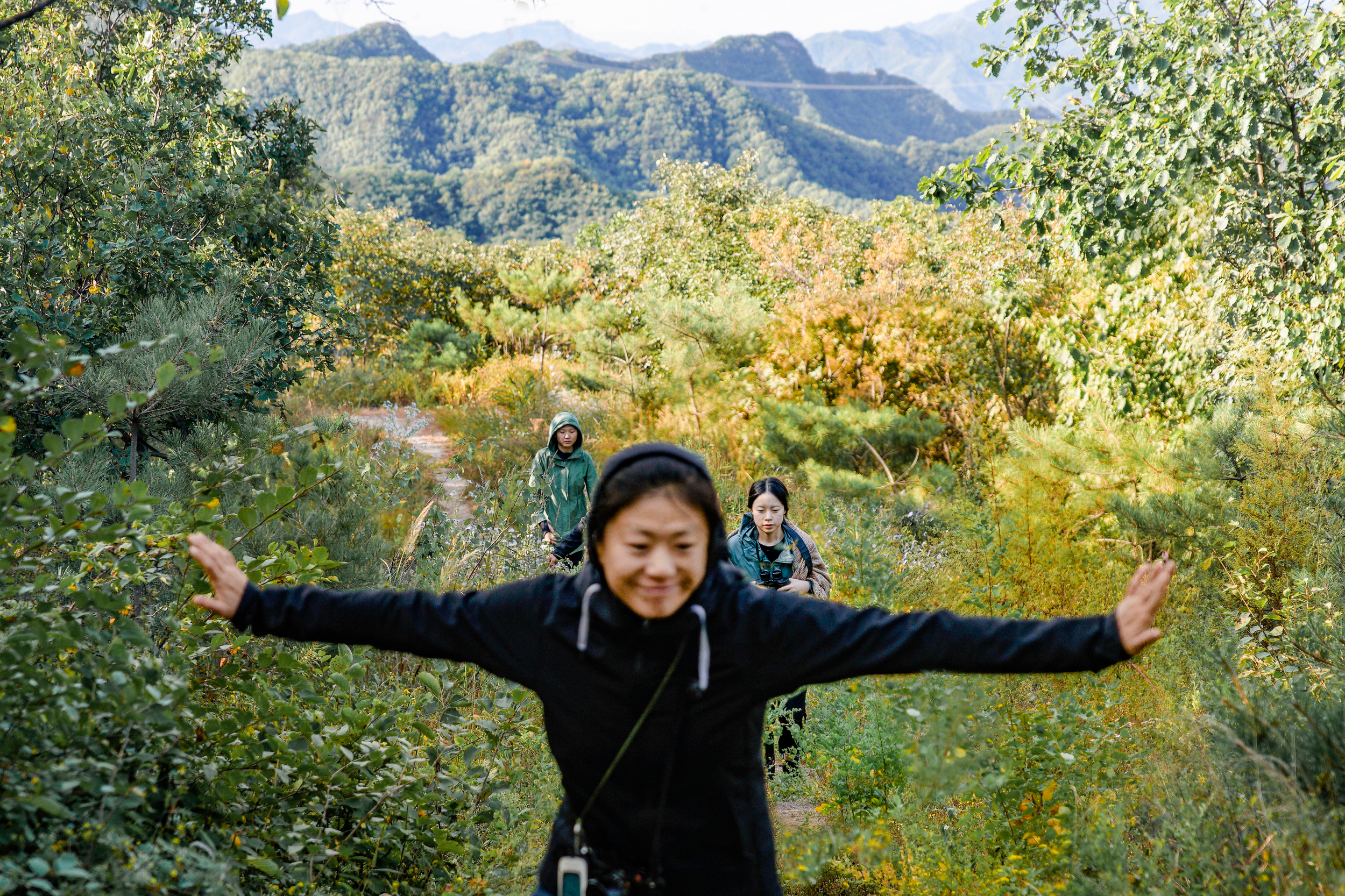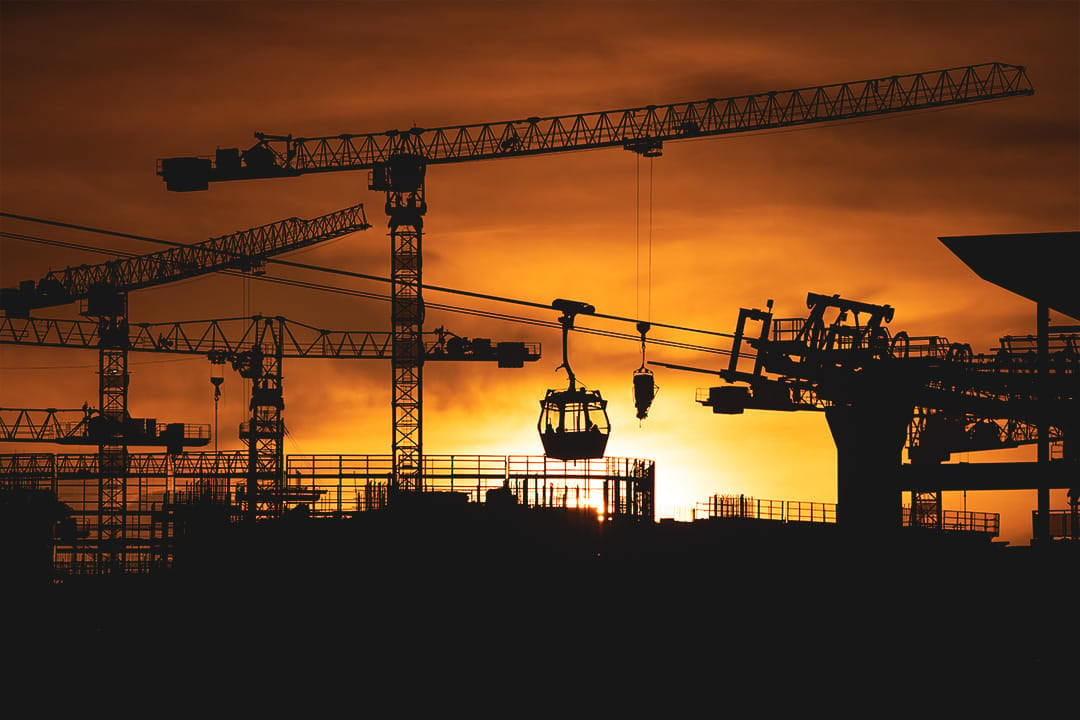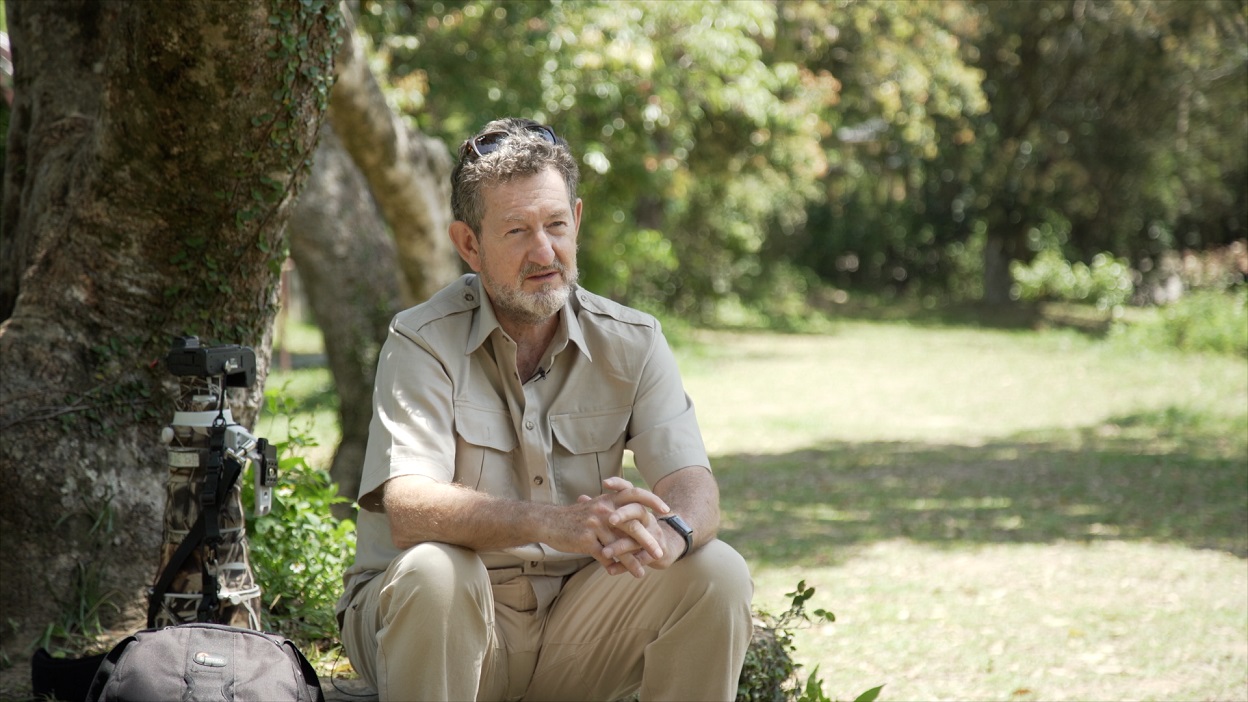
* Translation of Greenpeace Brazil’s report on 2 October 2020.
Many of the ranchers who set fire to the Amazon in the coordinated action of last year’s fires already had a history of environmental crimes and remain unpunished.
The days of 10 and 11 August 2019, rural producers in Pará mobilized to set the Amazon on fire, in what became known as the “Day of Fire” – a massive coordinated wave of fires in forest and nearby land in Pará State in the Amazon. Earlier this year, Greenpeace Brazil exposed that only 5% of the criminals who set fire to the forest during this period received some type of punishment.
But who are these criminals? Are they “indigenous and small holders burning for their subsistence”, as Bolsonaro stated in his speech at the 75 UNGA in New York in September this year? Or are they other actors, much more interested in big profits? As we show below, fires in the Amazon are fueled by the economic interest of large cattle ranchers and fanned by Brazilian slaughterhouses.
To show this dynamic, we highlight the case of three farms that had fire hot spots registered on the days when the ‘Day of Fire’ occurred in 2019 and that, in addition to not having received any punishment for these fires so far, remain fully operational. Some of these ranchers even continue to burn their properties illegally and perpetuate the tragic devastation seen since last year and tainting livestock production and supply chains within the domestic and international markets.
At the center of so much destruction is president Jair Bolsonaro’s government anti environmental agenda and industrial meat, which production continues to expand over nature, making it the biggest driver of deforestation worldwide.
Bacuri Farm
Located in Altamira (PA), Fazenda Bacuri occupies 1,117.88 ha and is registered to Emílio Carlos Nogueira Batagin. The property was fined over R$ 2 million (US$ 613,000 at the time) for the illegal deforestation of 725.88 hectares, which remains under the Brazilian government agency Institute of the Environment and Renewable Natural Resources (Instituto Brasileiro do Meio Ambiente e dos Recursos Naturais Renováveis; IBAMA) embargo list.
IBAMA’s list includes farms that have breached environmental legislation such as the Brazilian Forest Code – eg by carrying out illegal deforestation – and that are prohibited (embargoed) from producing in a specified area of their land holding (which may comprise the whole farm or only part of it) until they regularise their situation, for example through payment of a fine and land restoration. Is it also illegal to purchase from embargoed areas.
Despite this, illegal fires were recorded within Fazenda Bacuri between 10 and 29 of August 2019. These fires were set within the embargoed areas of the farm. Fire hotspots were recorded elsewhere in the farm, included in its native forest area. Cattle from Fazenda Bacuri were traded onto farms supplying JBS’ slaughterhouse in Marabá until at least April 2020. Fazenda Bacuri recorded fire hotspots within its area under embargo also in August 2020 and elsewhere, despite an official ban on fires.
Cattle raised on the Bacurí farm arrived indirectly at JBS through the Porangaí farm, which also buys from another farm, Turmalina, whose owner is on the Ministry of Economy’s Dirty List of Slave Labor. The two connections are clear violations of the public commitments made by the slaughterhouse in 2009.
The above image shows:
· July 2019: Satellite image shows the embargoed area in the process of regeneration creating secondary forest
· August 2019: Satellite detects 7 hotspots in the embargoed area during the month. The regular spacing of the fires indicates that the fires are planned and deliberate.
· August 2020: Satellite detects another 5 illegal fire hotspots in the embargoed area and this is also despite the new 120 day ban on fires in the Amazon by the Federal Government that was announced on July 16. Most of the fire hotspots were detected on August 6th. Again the pattern indicates the fires are planned and deliberate.
JBS, as well as the other major processors in the Brazilian cattle sector, signed the G4 Cattle Agreement in 2009, an undertaking to end the purchase of cattle whose production is linked to Amazon deforestation, slave labour or the illegal occupation of Indigenous lands. Such move followed Greenpeace’s investigation that laid out how the biggest names in the Brazilian cattle industry – including JBS, then accounting for 10% of global beef production – were linked to hundreds of ranches operating in the Amazon, including some associated with recent and illegal deforestation and modern-day slavery.
When a rural producer enters the Slave Labour Dirty List, and according to the 2009 commitments by JBS and the other slaughterhouses, the producer is ‘blocked’ – not the specific rural property where slave labour was uncovered – so that producer is prevented from supplying the slaughterhouses, regardless of the farm of origin.
According to Greenpeace Brazil’s investigation, on 14 February 2020, Marcos Antônio Cândido de Lucena, already listed in the government’s Slave Labour Dirty List, sold a hundred animals from Fazenda Turmalina to cattle rancher Maurício Pompeia Fraga, for fattening at Fazenda Porangaí, located in Xinguara – PA. This cattle farm, Fazenda Porangaí, supplied JBS with animals ready for slaughtering at its plant in Marabá in 2020, in June and July 2020.
Despite JBS’s commitment to end the trade in cattle linked to slave labour, the animals Lucena supplied into JBS’s supply chain went unnoticed, and unblocked. This illustrates the risk of JBS lacking control over its entire supply chain, including indirect suppliers, and breaking its decade long promise.
Over 38% of JBS exports from Marabá between August 2019 and July 2020 went to Hong Kong.
São José Farm
Located in the municipality of São Félix do Xingu, in the state of Pará, this cattle ranch is registered as owned by Reginaldo Leandro da Silva, is listed as “pending” in the National Rural Environmental Registry System of Pará (Sicar), with the self reported registration being not fully validated. This means that land claims may overlap with public, protected or Indigenous lands.
Fazenda São José participated in the day of the fire in 2019. While Fazenda São José has not been fined nor embargoed and also hasn’t burned in 2020, his owner, Reginaldo Leandro da Silva, has however been fined for R$ 955.000 for illegal deforestation, and two embargoes areas have been registered under his name. These embargoed areas belong within Fazenda Matão however, located next to and connected to Fazenda São José. SICAR register shows it as owned by Reginaldo’s mother, Geralda Rosa da Silva. This suggests possible movements and laundering of cattle from one property to the other.
Greenpeace documented cattle was grazing in both farms, during a flyover in August 2020.
Different from many other cases of farms with deforestation entering the Brazilian meat packers supply chain indirectly, Fazenda São José, which took part in the Day of fire in 2019, is a direct supplier to both JBS and Marfrig at their slaughterhouses in Tucumá, Pará. This demonstrates again the slaughterhouse’s broken promises in the Cattle Agreement and lack of compliance with the Terms of Adjustment of Conduct (TAC) that each slaughterhouse signed with the Federal Public Ministry in relevant states and which were legally binding. Although the TACs are not able to prohibit legal Amazon deforestation, which is beyond the Federal Public Ministry’s remit, their other criteria are similar to those of the G4 Cattle Agreement.
Between August 2019 and July 2020, over 92% of JBS’ beef exports and about 37% of Marfrig’s exports from Tucumá went to Hong Kong.
According to export data supplied by the Brazilian Government, in 2019 Hong Kong imported 332,683 tonnes of beef from Brazil of which 49% came from the legal Amazon. Shipment data indicate that around 60% of Brazilian beef exports to Hong Kong are exported by JBS, Marfrig or Minerva of which around a third is from plants inside the Amazon biome.
Santa Rosa Farm
Located in the municipality of Altamira in the State of Pará, Fazenda Santa Rosa has a total of 1,462 ha under embargo, across two different areas with the farm. The embargo was put in place in 2015 and the property’s owner, Edson Teófilo Rosa, with fines for R$ 5.7 million because of illegal deforestation.
The rancher was convicted by the State of Pará’s Justice in March 2020 and ordered to pay R$ 100.000 for damage and fines for litigation in bad faith in addition to the R$ 4.5 million, for the illegal logging and the consequent illicit income. Edson Teófilo Rosa was also required to regenerate 742.31 hectares of forests within a year.
None of this stopped Edson and his partners from continuing to burn land or sell cattle. From 2008 to 2019, deforestation within the farm amounted to 1,035 ha. That is equivalent to 1479 soccer fields. DETER system shows that between August and September 2019, 259 hectares burnt, while 17 hectares were cleared within one of the embargoed areas in August 2019. Between 24 July and 13 August 2019, the farm had record fire hot spots in its interior.
Cattle grazed in Fazenda Santa Rosa contaminated the supply chain and may have supplied JBS’s slaughterhouse Santana do Araguaia in two ways: through Fazenda MAANAIM and through Fazenda São Sebastião, both direct suppliers of JBS in Santana do Araguaia.
According to official export data, between August 2019 and July 2020, 70% of the beef exported from the JBS slaughterhouse in Santana do Araguaia was destined for Hong Kong. Countries like Angola and Egypt also received animals from this plant.
Greenpeace East Asia in Hong Kong wrote to the main retail chains in the Hong Kong’s market, regarding Brazilian meat and deforestation. While the chains Yata and City’super replied that “they rarely sold Brazilian meat”, ParknShop, one of the two largest supermarket chains in the region, said that it acquired a “small portion” of meat from JBS, but that in view of the facts, it would not longer source from them.
The meat industry is stealing our future
To each new case exposed, JBS responds the same: that the company is doing everything in its power to ensure that its supply chain is not linked to cattle grazed in deforested areas. In response to criticism from environmentalists, Indigenous Peoples and investors, on September 23, JBS made an announcement about the company’s new approach to deforestation in the Amazon. It informed that, in another 5 years, it will control suppliers one step before their direct suppliers.
Nothing but a ‘déjà vu’ feeling. In 2009, Greenpeace exposed how JBS was slaughtering the Amazon. Back then the company already promised to solve the problem and drop deforestation from its supply chain within two years. Today, a decade after the broken promises, JBS enjoys the luxury of extending the obligation to map its supply chain for another five years in an attempt to appease its investors.
It will be another five years in which JBS will continue to turn a blind eye to deforestation, illegality and human rights abuses in its production chain. Worse, it will not, even in five years, control the totality of indirect cattle suppliers that feed into its supply chain. Nor is it doing anything regarding the footprint of the sector on other irreplaceable biomes such as the Cerrado savanna grasslands and the Pantanal wetlands, both critical for climate and biodiversity.
But JBS is not the only large Brazilian slaughterhouse repeatedly linked to deforestation. It is an entire sector that has done little or almost nothing to change the way business is done in the Amazon. About 80% of deforested areas in the Amazon are occupied by cattle.
The case presented here, along with so many others recently published by Greenpeace and several other organizations, clearly shows that the business model of the largest slaughterhouses on the planet is incompatible with the environmental emergency we are facing.



